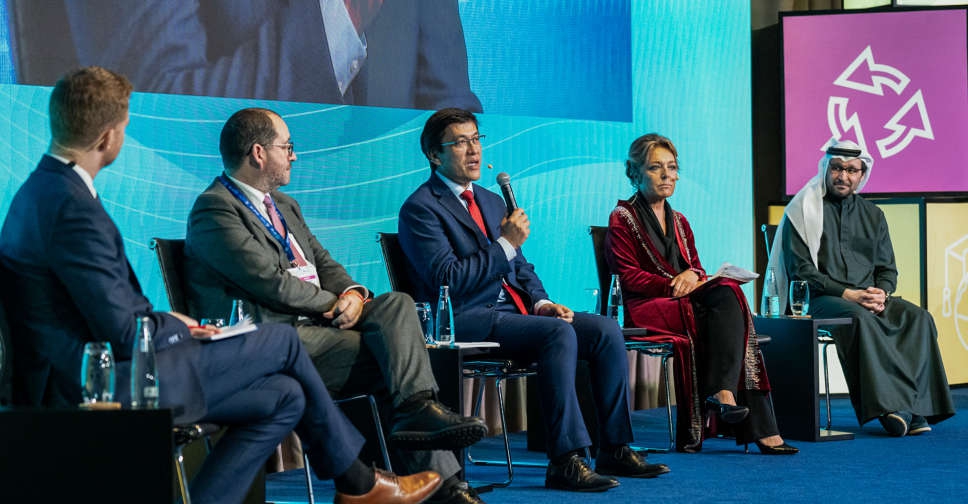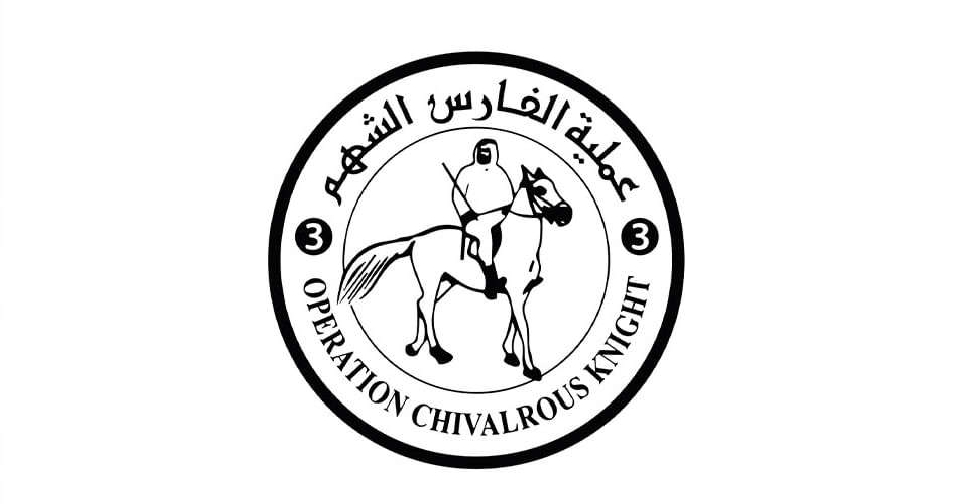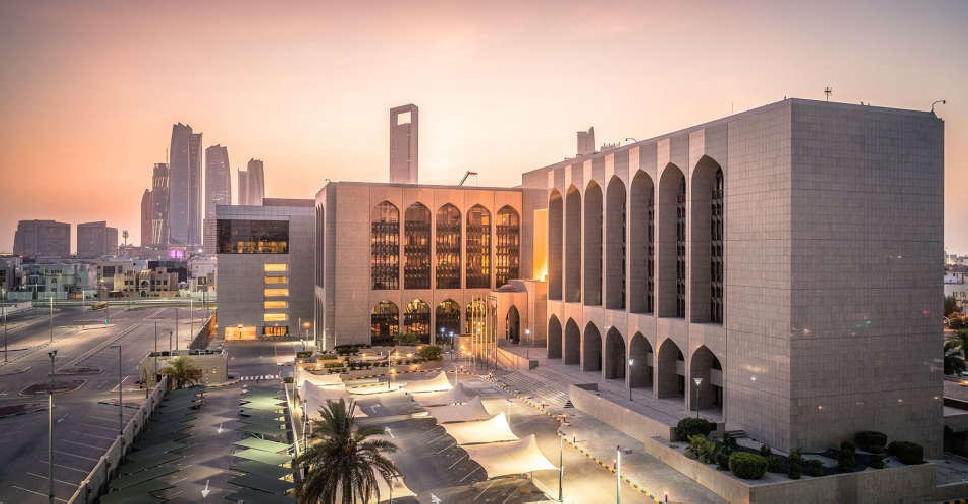
The second edition of the RewirEd Summit, which was hosted inside COP28’s Green Zone, has made history by bringing education to the forefront of climate action, to impact billions of children and youth.
It brought together more than 1,000 participants, including two heads of state, 22 ministers, and 28 CEOs, with 260 speakers, representing 209 entities and 76 countries, leading a discussion that showcased the powerful solutions that exist at the climate-education intersection.
The summit put the spotlight on innovative solutions that would enable the rewiring of education systems in ways that would empower children and youth to actively contribute to climate action at every stage of learning.
Its agenda featured 35 sessions, with every discussion bringing together key actors from diverse sectors to shape a collective path forward, and ensured the inclusion of youth in almost all the sessions.
The programming saw ministers of education, international cooperation, climate and environment, joined by students, teachers, youth advocates, as well as subject matter experts, climate champions, development sector representatives, indigenous leaders, and many others.
And it’s a wrap! We thank everyone who participated in this historic edition of the #RewirEdSummit at COP28 UAE. As conveyed by H.E. Dr. Tariq Al Gurg, our CEO and Vice-Chairman, in his closing remarks, “We have elevated education to its rightful place as the most powerful engine… pic.twitter.com/fBrHlBD0D1
— RewirEd Summit (@RewirEd_Summit) December 8, 2023
Key announcements
- UNICEF and Generation Unlimited launched ‘Green Rising’, which will over the next three years (2023-2025), create pathways for at least 10 million children and youth, especially girls, in developing countries to take grassroots action through volunteering; green skills building, jobs and entrepreneurship; as well as advocacy – while mobilizing hundreds of millions more to do the same through an ecosystem of other public, private, and youth stakeholders.
- The Aga Khan Foundation launched a new online portal of over 100 teacher-led, teacher-tested, and teacher-approved climate action solutions for education from more than 60 countries, co-funded by Dubai Cares. The foundation also announced a new mechanism at the country level, for advancing climate action in and through school and system-level collaborative networks, titled “Policy-Practice Translational Mechanism for Climate Education”.
- In collaboration with Early Childhood Development Action Network (ECDAN), the Governments of the Kyrgyz Republic and Malawi announced plans to link early childhood development and foundational learning with climate resilience and action in their countries.
- The Social Investment Programme (SIP), an initiative led by Dubai Cares, with Grameen Crédit Agricole Foundation, under the World Food Programme’s School Meals Coalition, launched the first ever global social impact bond that will scale up sustainable homegrown school feeding programs in Senegal, and catalyze the development of a sustainable private post-secondary Technical and Vocational Education and Training (TVET) programme around climate and green skilling, and promote women entrepreneurship in resilient agricultural value chains.
- The Summit also witnessed the launch of the ‘Planet-Friendly School Meals White Paper’ by the Research Consortium for School Health and Nutrition. Rwanda, Kenya, and Sierra Leone are among the first countries to announce their commitment to implementing the recommendations outlined in the White Paper.
- In partnership with Dubai Cares, the Ban Ki-moon Centre for Global Citizens (BKMC) announced the launch of the Green Jobs for Youth Online Training and Mentoring Programme to empower youth in choosing careers that contribute to solving the climate crisis and enhance their potential in driving system transformation around Sustainable Development Goal (SDG) 13 on Climate Action, and other SDGs.
- The African Union Commission announced the theme for the year 2024 on Education: "Educate an African Fit for the 21st Century: Building Resilient Education Systems for Increased Access to Inclusive, Lifelong, Quality, and Relevant Learning in Africa", and highlighted their plans to transform education across the continent by rethinking education models.



 UAE announces news guidelines for newborn screening
UAE announces news guidelines for newborn screening
 Report minor accidents in Abu Dhabi via new app
Report minor accidents in Abu Dhabi via new app
 UAE distributes urgent aid to displaced families in Khan Younis
UAE distributes urgent aid to displaced families in Khan Younis
 UAE Central Bank revokes licence of insurance broker
UAE Central Bank revokes licence of insurance broker
